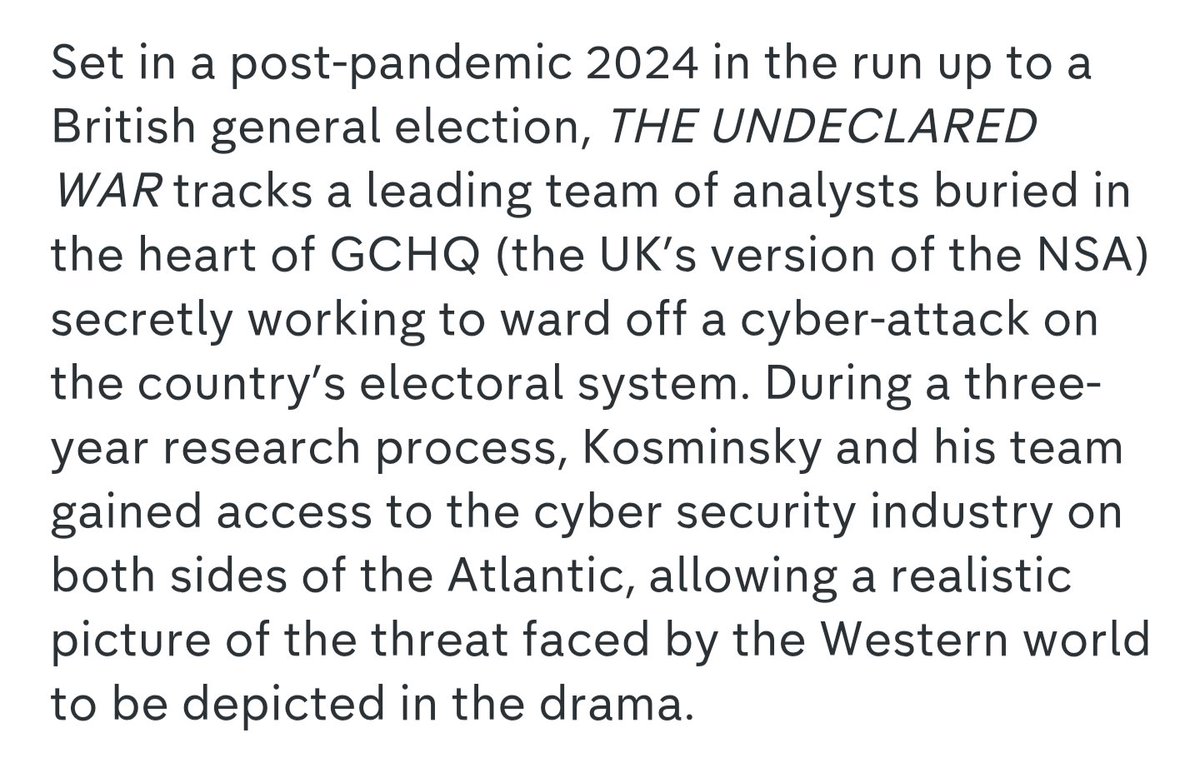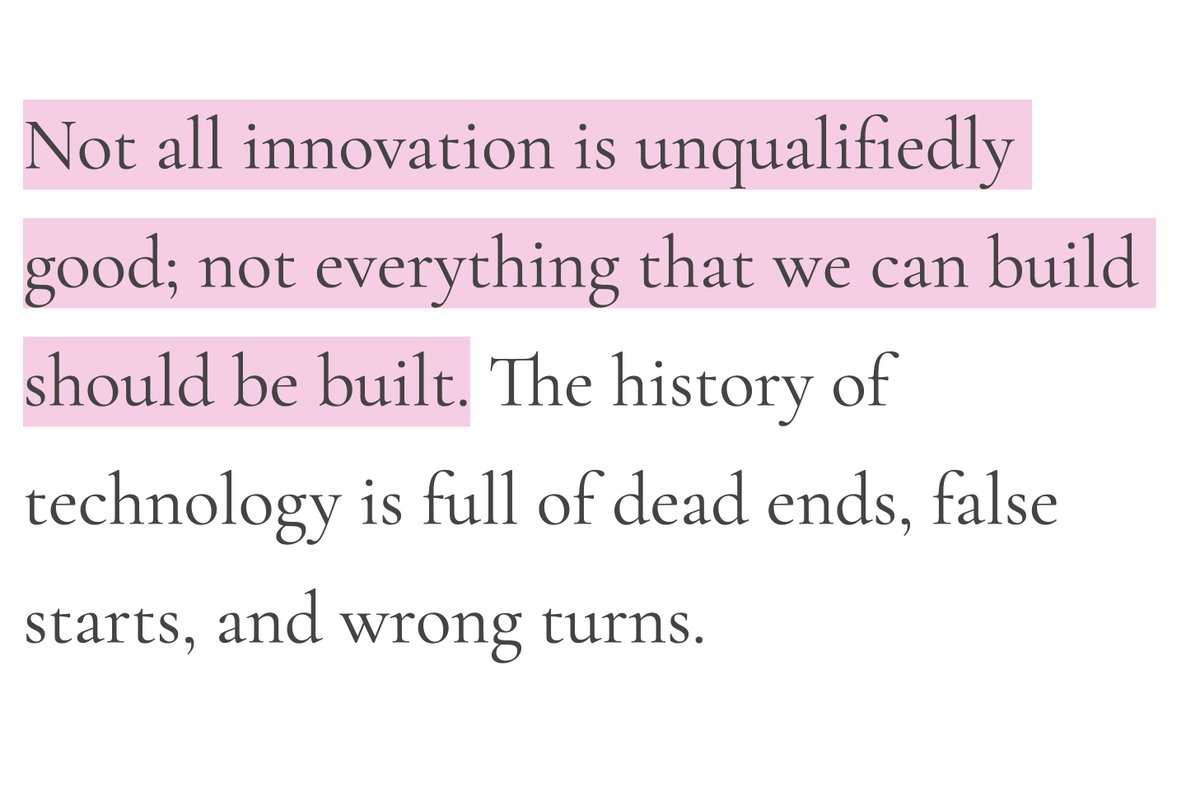Statistics from 226599 DNS-over-HTTPS requests made to an upstream load-balanced group of 8 #DoH servers over Tor, by a DoHoT proxy, including responses served from local cache.
This includes what the proxy sees, not only what the user experiences.
This includes what the proxy sees, not only what the user experiences.

More than 25% of requests are served back to the user from the cache.
In the event that the request needs to be sent upstream, the median response time back to the user is 241ms.
If we *remove* locally-cached responses, this is closer to what the raw proxy experiences:
In the event that the request needs to be sent upstream, the median response time back to the user is 241ms.
If we *remove* locally-cached responses, this is closer to what the raw proxy experiences:

So if you're just doing raw DoH over Tor and are round-robin-ing a pool of servers without caching or tracking response time, the median request time will be around 453ms and p90 will be 1153ms.
tl;dr - caching + load-balancing + tracking-speed, is essential.
Here's the pool:
tl;dr - caching + load-balancing + tracking-speed, is essential.
Here's the pool:

cc: interested parties: @torproject @NetworkString @kushaldas @Andrew_Campling @TheRealRevK @Quad9DNS
ps: according to DNSCryptProxy's tracking, the fastest servers from the pool have been as follows (count = number of times has achieved first place) 

For anyone who is like "ZOMG YOU ARE GIVING ALL YOUR DNS LOOKUPS TO CENTRALISED CAPITALIST SERVERS", chill: it's over Tor, stripped of TLS session-ids, and "anonymity loves company" - so come join the fun!
medium.com/@alecmuffett/w…
/cc @kushaldas
medium.com/@alecmuffett/w…
/cc @kushaldas
+ @jedisct1 who may or may not be interested in what I am doing with DNSCryptProxy, but he ought to be told at least: github.com/alecmuffett/do… #StarTrekLinkRemoved
• • •
Missing some Tweet in this thread? You can try to
force a refresh








